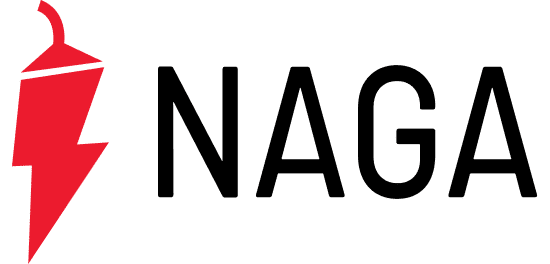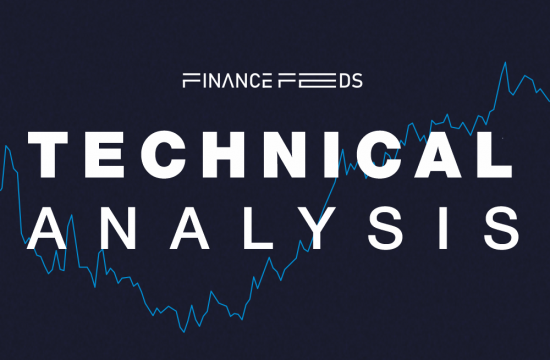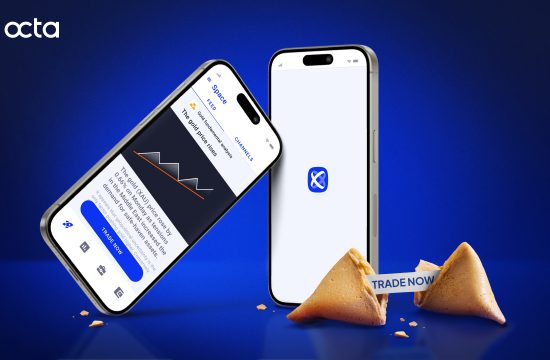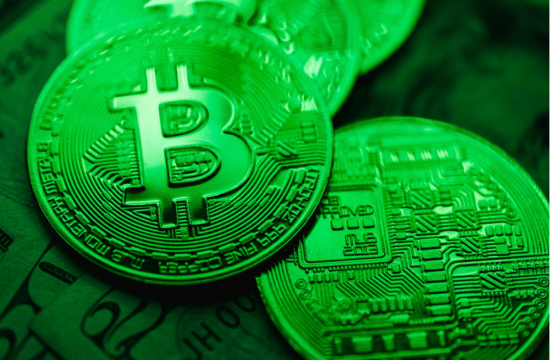There was a spike in volatility last week when the US CPI report ticked down to 8.5% from 9.1%, missing the forecast of 8.7%. The announcement led to chatter the Fed might not carry out a 0.75% interest rate hike in September.
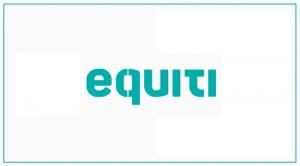
Inflation has been the main driver behind the Fed, and other central banks, lifting rates at such an aggressive pace recently. The large fall in CPI could suggest the US is past its peak inflation, and the level might gradually cool from here, but at the same time, the report might just be a blip. Either way, a CPI rate of 8.5% still makes life difficult for the Fed as their inflation target is 2%. In the aftermath of the CPI data, stocks jumped as traders took the view the US central bank might look to reduce the size of future rate hikes. In the same vein, the US dollar took a beating as dealers scrabbled to dump the greenback. Metals like silver and copper were lifted by the slide in the US dollar.
UK CPI will be announced on Wednesday, and it will be in focus considering the Bank of England (BoE) meeting earlier this month, where rates were lifted by 0.5%. Eight of the nine policymakers backed the 0.5% lift, while the one dissenter, supported a rise of only 0.25%. Andrew Bailey, the BoE governor, issued a bleak forecast as he predicts that inflation will peak at 13.3%, and the British economy will enter a recession at the end of this year, and the downturn will last for most, if not all of 2023. The current CPI rate in the UK is 9.4%, its highest since the early 1970’s. Producer price index (PPI) output measures the costs at the factory level, and the latest reading jumped from 15.8% to 16.5%, its highest mark since the early 1980s. The rise in PPI suggests that consumer prices could keep rising, because if costs are rising for producers, it is possible those costs will be passed on to the end consumer.
US retail sales and the minutes from the July Fed meeting will be revealed on Wednesday. The retail sales data will be of interest to traders as it will give us an idea of consumer activity. The latest reading of the Conference Board consumer confidence reading fell to a 17-month low, which is concerning, but ultimately it is just a survey, whereas the sales report is actual figures. Like in the UK, US inflation is at a 40-year high, and the CPI rate is outstripping wage growth, so shoppers are worse off in real terms, but is that impacting spending? At last month’s Fed meeting, interest rates were hiked by 0.75%, meeting estimates, but at the same time, the Fed expressed concerns about consumer activity and production. The central bank said it might look to ease up on the scale of rate hikes down the line. Since that Fed meeting, the unemployment rate fell to 3.5%, a new two year low, and interest rate futures are pricing in a high probably of another large lift in September. The minutes from the Fed meeting could shine some extra light on the rational of the Fed.
The Reserve Bank of New Zealand (RBNZ) will announce its interest rate decision on Wednesday. Since October last year, the bank has hiked rates six times, and the last three rate hikes – in April, May, and July – were all 0.5% lifts. Judging by the commentary used last month, the central bank did not show any signs of halting their hiking cycle. In light of the cooling Chinese economy, which is deeply connected to New Zealand, it is possible the RBNZ might follow in the same footsteps are their Australian counterparts, and issue a less glowing outlook in relation to growth.
Please see the full disclaimer here. ‘’This material is provided for informational purposes only and does not constitute financial advice, investment advice, trading advice or any other advice or recommendation of any sort offered or endorsed by Equiti Capital. This material is not, and is not intended to be, a “research report”, “investment research” or “independent research” as may be defined in applicable laws and regulations worldwide”.




